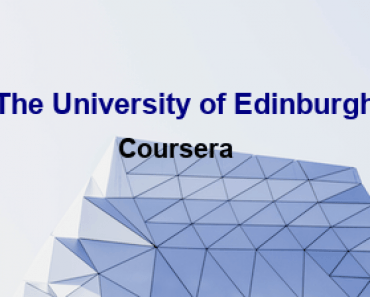Description
Faced with difficult questions people often tend to dismiss and marginalize dissent. Political and moral disagreements can be incredibly polarizing, and sometimes even dangerous. And whether it’s Christian fundamentalism, Islamic extremism, or militant atheism, religious dialogue remains tinted by arrogance, dogma, and ignorance. The world needs more people who are sensitive to reasons both for and against their beliefs, and are willing to consider the possibility that their political, religious and moral beliefs might be mistaken. The world needs more intellectual humility.
But what is intellectual humility, anyway? And why do people seem so drawn toward intellectual arrogance? Psychologists, philosophers, theologians, and educationalists are now suggesting some answers.
In this course we try to define intellectual humility and intellectual virtues in general, and ask how we know who is humble. All lectures are delivered by leading specialists, and the course is organised around a number of interesting readings and practical assignments which will help you address issues related to humility in your daily life.
This course is a part of a series which explores the theory, the science and the applied issues surrounding intellectual humility (the latter two coming in June and November 2017). Completing all three courses will give you a broader understanding of this fascinating topic. Look for:
• Intellectual Humility: Science – https://www.coursera.org/learn/intellectual-humility-science
• Intellectual Humility: Practice – https://www.coursera.org/learn/intellectual-humility-practice
You can also follow us on twitter: @EdiPhilOnline and #IHMOOC
Price: Enroll For Free!
Language: English
Subtitles: English
TUN Helps Students!
Scholarships
Community
Copyright, 2025 – TUN, Inc

